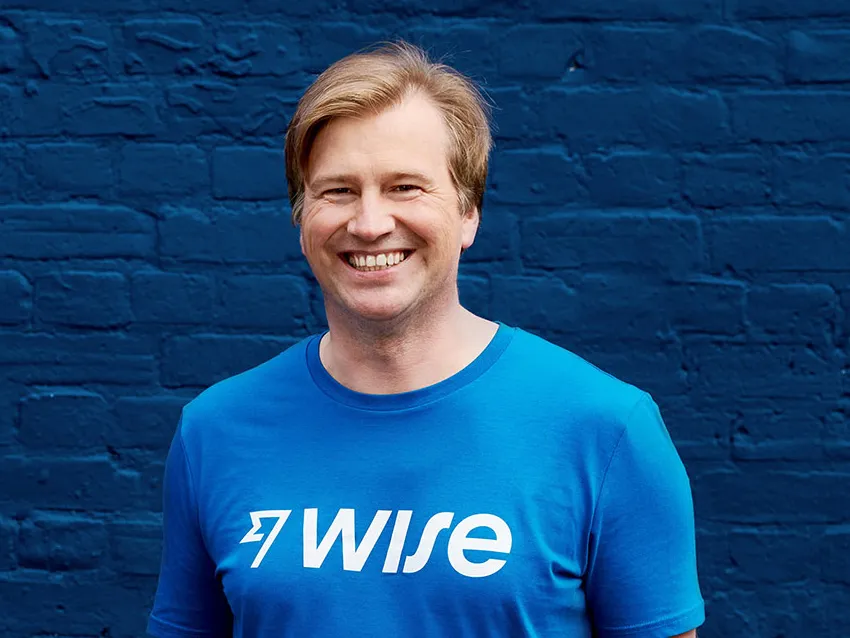Renowned technology leader Paul Bassat predicts emerging artificial intelligence companies will disrupt sectors and overtake established incumbent companies just as rapidly as the seismic shifts that took place when the internet emerged in the mid-1990s.
Bassat, who co-founded Australian tech sector pioneer Seek with brother Andrew and Matt Rockman in 1997, said “six or seven” of the world’s most valuable companies were created in the internet’s early days between 1993 and 1999.
He told the ninth annual Sohn Hearts & Minds Conference in Adelaide on Friday that a similar story could unfold in the AI era that is just beginning, with established dominant companies in the crosshairs of start-ups that may not even exist today.
“If you think about the internet’s early days, it was really good in terms of value creation for start-ups [but] it was awful for incumbents. And pretty much any incumbent that was impacted by the internet – whether it was in retail, whether it was media and real estate – was impacted negatively rather than positively,” Bassat said.
He contrasted that to the mobile internet and cloud computing eras that have unfolded in the past two decades, which Bassat said had “been pretty good for incumbents”.

“So I think there’s two things relevant in terms of this conversation about the AI era. One is, however profound the internet era has been, the next 10 or 20 years is going to change so many things in a way that is very, very hard for people to envisage. And number two it’s probably going to be pretty bad for incumbents.”
Bassat now heads Australian venture capital giant Square Peg Capital, which gives him plenty of exposure to the next group of star tech founders.
Square Peg, which invests across Australia, southeast Asia and Israel, and counts the likes of Canva as among its successes, looks at about 3000 start-ups annually, Bassat said, and meets with half of them.
When asked what makes a successful founder, Bassat identified traits such as “drive, sense of mission [and] resilience. It’s their ability and their willingness to surround themselves with people who are more talented than them [and] to sell the mission to prospective investors, prospective employees, to partners, to customers”.
One of Australia’s most successful examples in recent years has been Nick Molnar, a member of The List – Australia’s Richest 250 and the 34-year-old co-founder of Afterpay – which recently celebrated a decade in business and in January will mark the third anniversary of its merger with Block in what was then an all-scrip deal worth $39bn.
Molnar in August was promoted to a senior role across the entire company that has him running sales across all its divisions, including Afterpay, Cash App and Square, and reporting directly to Block founder Jack Dorsey.
Describing Afterpay as his “baby”, Molnar said one of the big reasons the merger happened was the potential for Afterpay’s four payments in instalments model to be integrated into Block’s Cash App digital wallet service for consumers.
That integration, Molnar admitted at the Sohn conference, had taken longer than he had initially anticipated – “[it] is still not in market to the extent as we desire” – but he was confident the scale of Cash App and its 57 million consumers was a prime opportunity for Afterpay.
“We are still in the early stages of bringing them together [and] I am still as bullish as I was about it at the time of the deal [in 2021].”
Molnar also admitted he had to keep showing the same entrepreneurial drive in his new role as he had when founding a start-up.
“If I don’t want to show up to work with the same intensity as I showed up with at Afterpay, I think I should stop working.”
This article was originally posted by The Australian here.
Licensed by Copyright Agency. You must not copy this work without permission.





.jpg)




